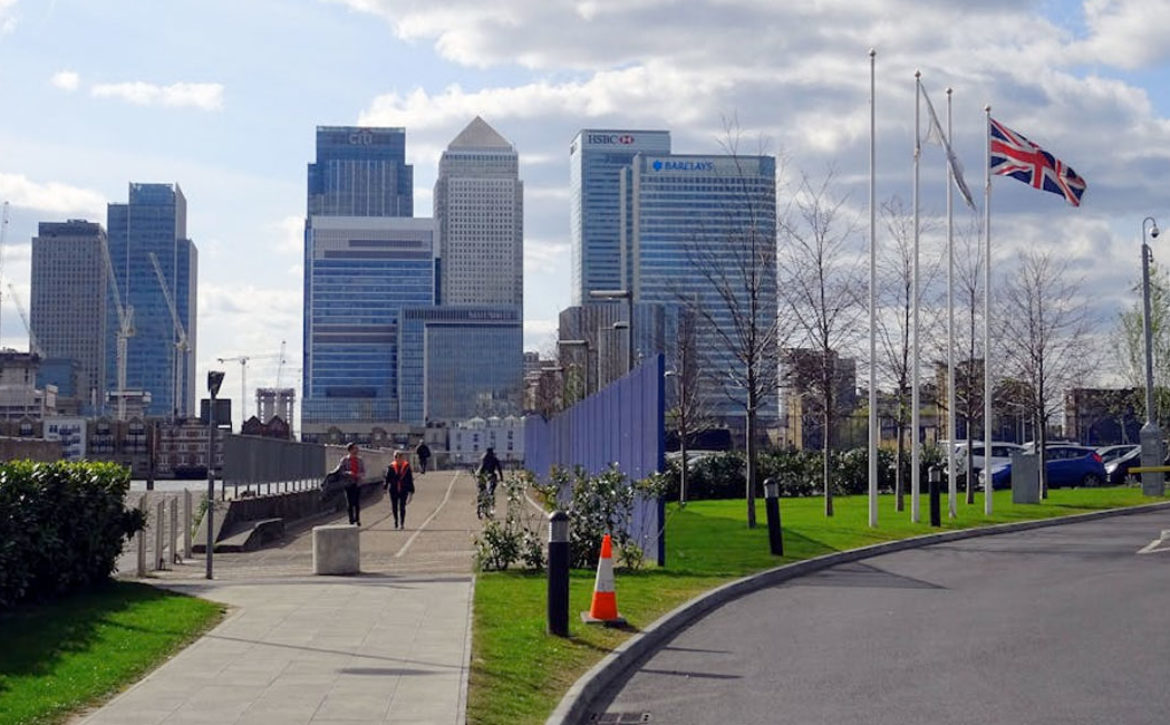Is ‘sustained’ economic growth compatible with ‘sustainable’ economic growth?
The concepts of sustained economic growth and sustainable economic growth are often discussed in economic and environmental circles, but they are not always seen as compatible – and I do not think that they should be. – Written by Seref Doğan Erbek










